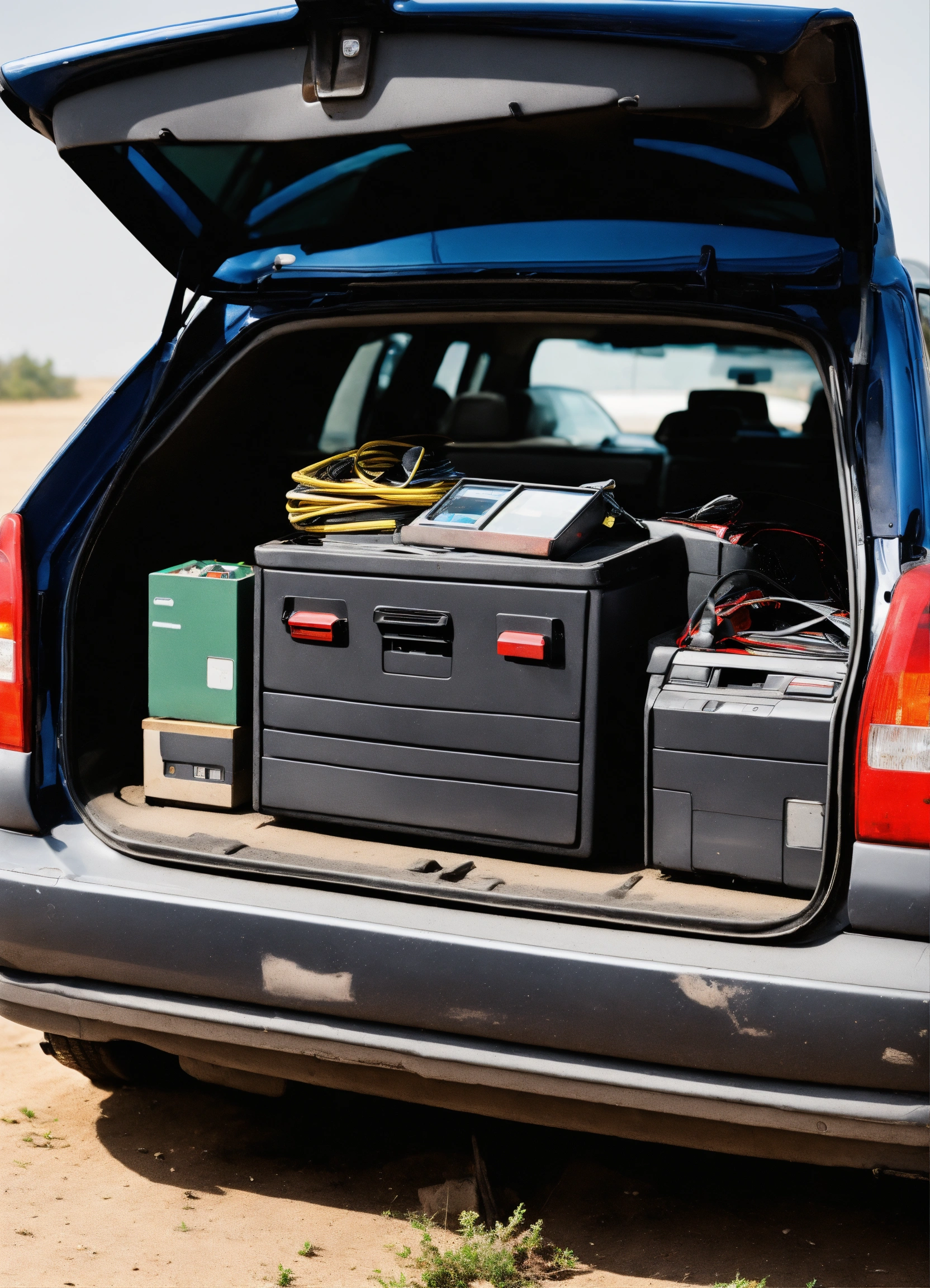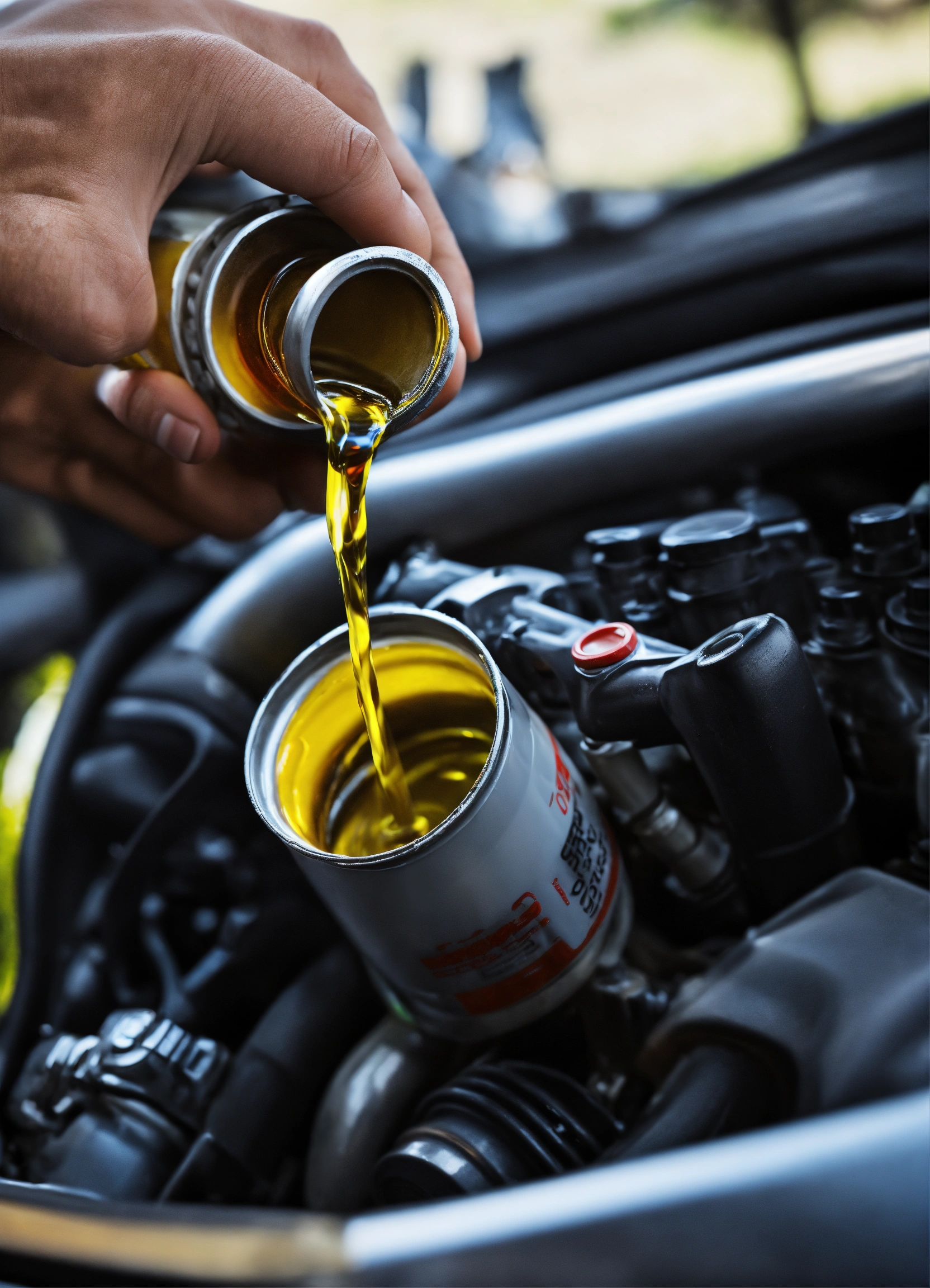Discover the average lifespan of a car battery and tips to maximize its durability. Learn how to care for your battery here!
The battery is an essential component for the functioning of a car, as it is responsible for supplying electrical energy to the starter motor, the ignition system, the headlights, the radio and other equipment. But do you know how long a car battery lasts and what factors influence its useful life?
The average duration varies depending on the type, quality, use and maintenance of the vehicle, but in general, it can last between 2 and 5 years.
This time can be reduced or increased depending on some factors, such as:
– The weather: extreme temperatures, both high and low, can affect the performance and durability of the battery. Excessive heat can cause the evaporation of the electrolyte, which is the solution that allows the electric current to be conducted between the battery plates. Intense cold can reduce the battery’s ability to generate energy, requiring more effort from the starter motor.
– Usage: How you use your car also influences the lifespan of your car battery. If you make short, frequent trips, the battery may not have enough time to recharge, which can lead to it being discharged. In addition, if you leave your car parked for a long time or use electrical equipment with the engine off, it can also discharge.
– Maintenance: a car battery requires basic care to ensure it works properly and extends its lifespan. It is important to periodically check the electrolyte level, the condition of the terminals and cables, and the cleanliness and fixation of the battery. It is also recommended to have the battery checked every 6 months or whenever you notice a problem.
How do you know if your car battery needs to be replaced?
Some signs that your car battery is reaching the end of its life:
– Difficulty starting the car, especially on cold days;
– Dim or flashing lights on the dashboard or headlights;
– Radio, air conditioning or electric windows working slowly or failing;
– Sulfur smell or liquid leaking from the battery.
If you notice any of these symptoms, it’s time to take your car to a garage or a trusted dealership to have the battery tested and see if it needs replacing. Don’t wait until the battery is completely dead, as this can cause damage to the alternator and other electrical components in your car.
How to Increase Battery Life
In addition to the factors already mentioned, there are specific measures you can take to increase the durability of your car battery:
- Turn Off Electrical Equipment Before Turning Off the Car: Turn off the radio, air conditioning, and other electrical appliances before turning off the engine. This prevents unnecessary battery drain when the engine is not running.
- Keep the Battery Clean: Check the battery regularly to ensure that the terminals and connections are clean and free of corrosion. Corrosion can cause additional resistance, which can make it difficult to charge and discharge the battery.
- Charge Your Battery Regularly: If you don’t use your car often, consider using a battery charger to keep your battery charged. This is especially important in cold weather.
- Check the Charging System: Make sure the alternator, which recharges the battery while the car is in motion, is working properly.
Additional Factors Affecting Battery Life
- Vibrations
- Overload
- Battery Selection
Finally, remember that regular maintenance of your vehicle and paying attention to warning signs can help extend the life of your battery and ensure that your car runs smoothly.









